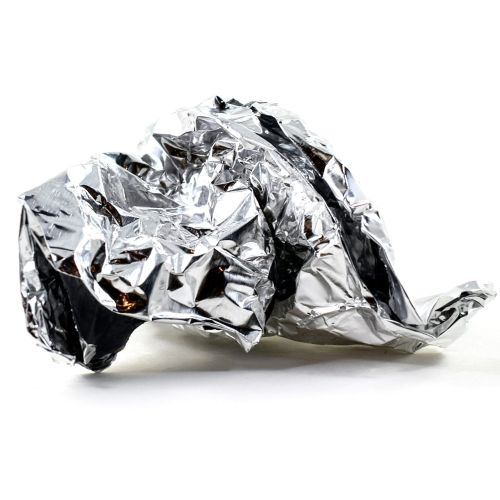Aluminium Foils
Aluminum foil is a thin sheet of aluminum, often less than 0.2 mm (200 microns) thick, made through a rolling process. It’s highly flexible, lightweight, and durable, making it a versatile material for various industries.

Key Properties
- Lightweight: Extremely light but strong for its thickness.
- Barrier Properties: Acts as an excellent barrier against light, oxygen, moisture, and bacteria, preserving food and pharmaceuticals.
- Thermal Conductivity: Efficient at conducting heat, ideal for cooking and insulation.
- Corrosion-Resistant: Naturally forms a protective oxide layer.
- Ductility: Easily shaped, folded, or wrapped without breaking.
- Recyclable: 100% recyclable without degradation in quality.
- Exterior Cladding: Used for façades and curtain walls for commercial and residential buildings.
- Interior Decoration: Partitions, false ceilings, and walls.
- Signage: Widely used for advertising boards and digital signage.
Transportation
- Bus body panels, interior linings, and decorative panels in trains and airplanes.
Industrial Applications
- Used in modular structures, kiosks, and specialized enclosures.
Applications
1.Packaging
- Food Industry: Used for wrapping, cooking, and preserving food products.
- Pharmaceuticals: As blister packs for medicines.
- Beverage: Lining for juice pouches and bottle caps.
- Construction and Insulation
- Used in reflective insulation materials.
- Acts as a vapor barrier in building insulation.
- Automotive
- Applied in thermal insulation for engine parts and batteries in electric vehicles.
- Household and Industrial Use
-
- Baking, grilling, and storage.
- Industrial applications include shielding cables and insulation.
Common Grades and Specifications
- Common alloys: 1050, 1100, 1235, 8011 (pure or with small additives).
- Thicknesses vary depending on the use:
- Household: 8–25 microns
- Pharmaceutical: 20–30 microns
- Industrial: 50–150 microns
